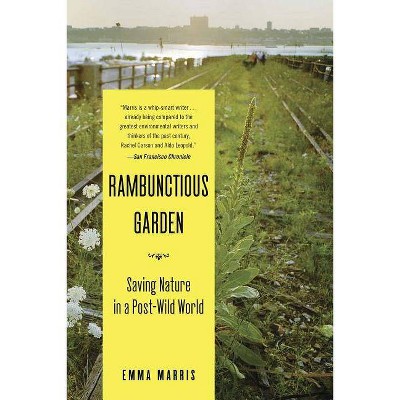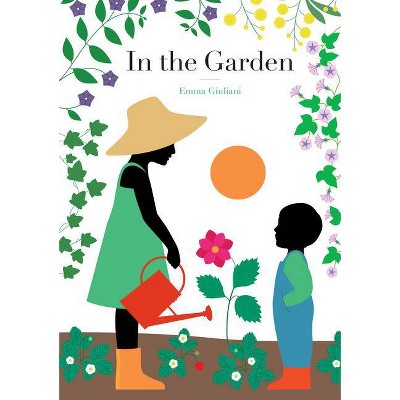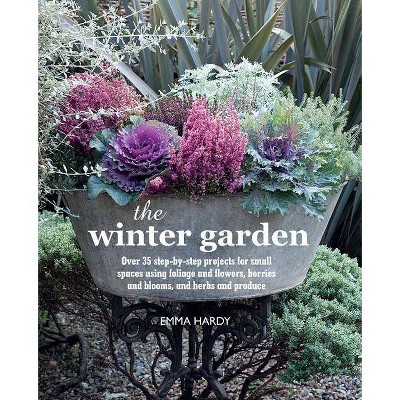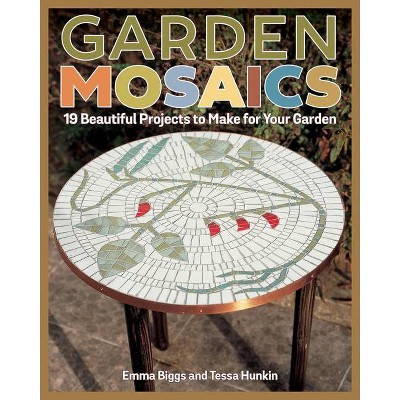The Rambunctious Garden - by Emma Marris (Paperback)

Similar Products
Products of same category from the store
AllProduct info
<p/><br></br><p><b> About the Book </b></p></br></br>"Remarkable . . . Emma Marris explores a paradox that is increasingly vexing the science of ecology, namely that the only way to have a pristine wilderness is to manage it intensively." -<i>The Wall Street Journal</i><p/><br></br><p><b> Book Synopsis </b></p></br></br><p><b>"Remarkable . . . Emma Marris explores a paradox that is increasingly vexing the science of ecology, namely that the only way to have a pristine wilderness is to manage it intensively." -<i>The Wall Street Journal</i></b> <p/>A paradigm shift is roiling the environmental world. For decades people have unquestioningly accepted the idea that our goal is to preserve nature in its pristine, pre-human state. But many scientists have come to see this as an outdated dream that thwarts bold new plans to save the environment and prevents us from having a fuller relationship with nature. Humans have changed the landscapes they inhabit since prehistory, and climate change means even the remotest places now bear the fingerprints of humanity. Emma Marris argues convincingly that it is time to look forward and create the rambunctious garden, a hybrid of wild nature and human management. <p/>In this optimistic book, readers meet leading scientists and environmentalists and visit imaginary Edens, designer ecosystems, and Pleistocene parks. Marris describes innovative conservation approaches, including rewilding, assisted migration, and the embrace of so-called novel ecosystems. <p/><i>Rambunctious Garden</i> is short on gloom and long on interesting theories and fascinating narratives, all of which bring home the idea that we must give up our romantic notions of pristine wilderness and replace them with the concept of a global, half-wild rambunctious garden planet, tended by us.</p><p/><br></br><p><b> Review Quotes </b></p></br></br><br><p>In her remarkable new book <i>The Rambunctious Garden</i>, Emma Marris explores a paradox that is increasingly vexing the science of ecology, namely that the only way to have a pristine wilderness is to manage it intensively. - <i>Wall Street Journal</i> <p/> Potentially the most optimistic and controversial work about the future of nature to appear in years. - <i>Grist.org</i> <p/>Ms Marris's book is an insightful analysis of the thinking that informs nature conservation. - <i>The Economist</i> <p/>What may be the most important book about the environment in a generation. - <i>Idaho Statesman</i> <p/>Marris is a whip-smart writer . . . already being compared to the greatest environmental writers and thinkers of the past century, Rachel Carson and Aldo Leopold. -<i> San Francisco Chronicle</i></p><br><p/><br></br><p><b> About the Author </b></p></br></br><b>Emma Marris</b> is an environmental writer who grew up in Seattle, Washington. She has written for the world's foremost science journal, <i>Nature</i>, on ecology, conservation Biology and other topics. She gave a TED talk that urges us to reconsider what we define as nature, and her articles have also appeared in <i>Wired</i>, the <i>Christian Science Monitor, </i>and <i>Conservation</i>. She currently lives in Columbia, Missouri, with her husband and daughter.
Price History
Cheapest price in the interval: 14.89 on May 23, 2021
Most expensive price in the interval: 14.89 on November 8, 2021
Price Archive shows prices from various stores, lets you see history and find the cheapest. There is no actual sale on the website. For all support, inquiry and suggestion messages communication@pricearchive.us




















